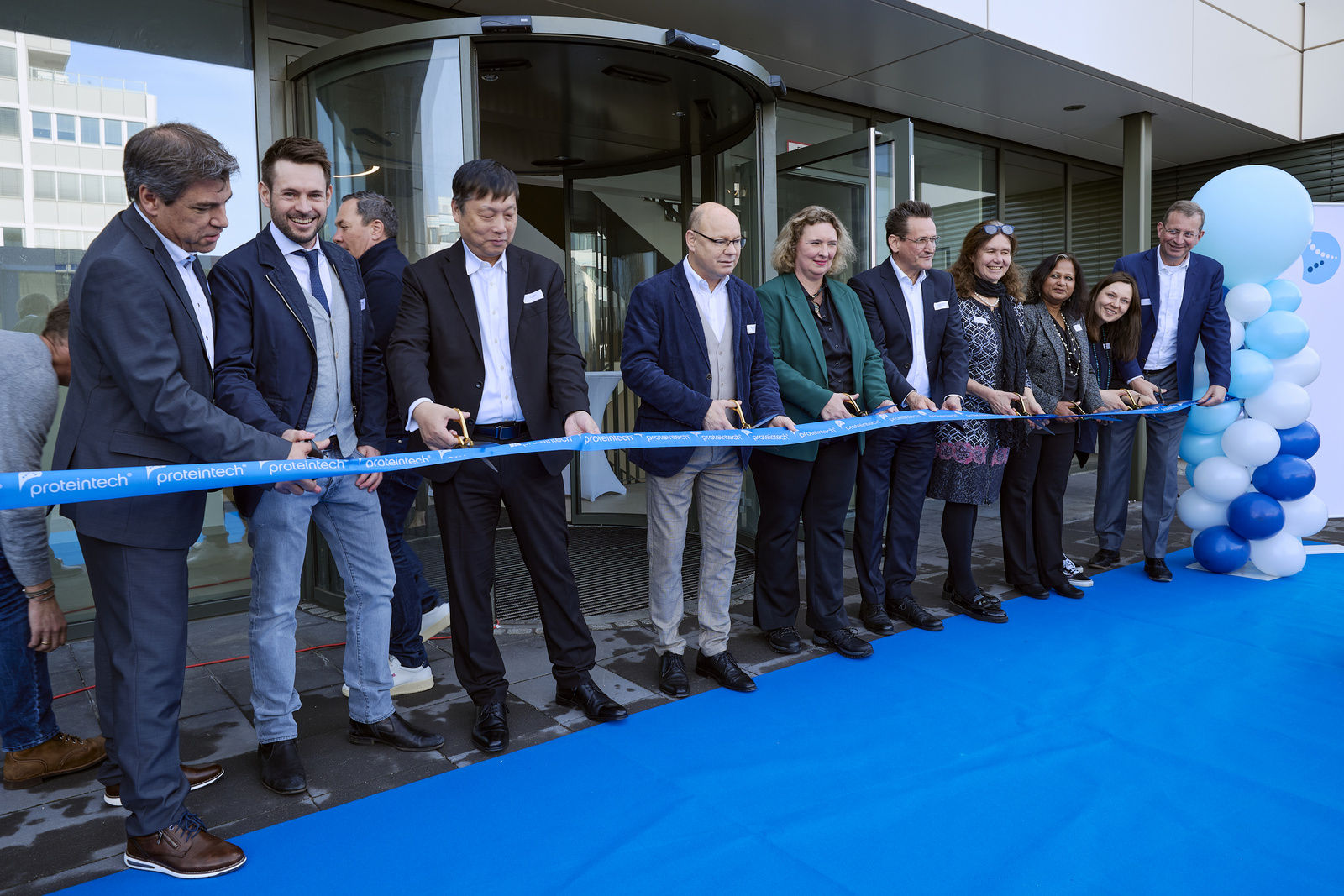- Startseite -
- Digital Bavaria -
- Blog #bytevaria - 5 minutes with Dr. Wieland Holfelder, Vice President Engineering at Google Germany
5 minutes with Dr. Wieland Holfelder, Vice President Engineering at Google Germany
Hardly anyone can imagine their everyday life without the numerous applications and devices from the tech giant Google. And yet it all began in the dormitory rooms at Stanford University and a colourfully furnished garage. The aim of the two founders Larry Page and Sergey Brin was to organise information and make it accessible to everyone. They succeeded. Google is one of the most popular search engine providers in the world today. We are talking to Dr. Wieland Holfelder, Engineering Director and Site Lead at Google Germany and Head of Munich’s Engineering Centre. By the way, Munich is the only Google location in Germany with active development.

1. The Google Engineering Centre has been in Munich since 2006. What were or are the decisive reasons for choosing this location?
Munich is certainly one of the most important centres for information and communication technologies in Europe, the approximately 30,000 IT companies in Bavaria are already testament to this. Besides the high quality of life, it’s also the first-class universities and innovative development scene that makes Munich attractive to our employees from more than 30 countries.
2. It was undoubtedly a deliberate decision for your colleagues to be working on different aspects of data privacy here, of all places. How did this come about?
A strong network of IT security experts, special university programmes and also a special interest in data privacy and data security issues in Germany made the decision to focus on this topic easy for us.
3. You have already worked in Silicon Valley, which is seen worldwide as being Mecca for start-ups and ICT. What does Bavaria do better?
What I’m especially pleased about in Bavaria is the interest in start-ups and digital projects, for example in the education and culture sectors. The high share of industry is also a crucial factor in order to promisingly research the interface between digitalisation and industry “as part of a strong research network”.
4. And in which area is there still potential for improvement?
It’s certainly a challenge for the whole of society to give all citizens but especially the next generation the opportunity to develop and expand digital expertise and skills. As this is the only way we can guarantee that people are not just consumers of technology but can also actively shape and skilfully use it.
5. More than 500 Google employees are now working in the regional capital, it was just roughly 200 in 2013. How do you find your qualified staff and what do you do to retain them?
Our recruiting process is very broad-based and we are primarily looking for people who don’t just have a specific qualification but most importantly want to change something and have a basic curiosity. Our employees come from more than 30 countries and besides our corporate culture and positive working environment they mainly appreciate the Munich factor, that’s to say the high quality of life and friendly, cosmopolitan people.
6. We are delighted that Google recently decided on Munich as the location for its first permanent future workshop. With this you are making digital education accessible to everyone. What do you hope to get from this as a company?
Whether you’re an SME, employer, employee, apprentice, student or association, knowledge of digital skills is a crucial factor to successfully organise the digital change. It benefits society as a whole, ensures competitiveness and allows all citizens to be part of this. The free training courses at the future workshop should contribute to this.
7. In your opinion, what will the digital future bring us over the next few years; what will the important topics be?
I think digitalisation will revolutionise a number of areas. School students can already go on digital school trips thanks to virtual reality or learn how to program small robots using the Open Roberta platform now. The engineers and developers of the future are being fired up about digital topics here and will surprise us with their ideas and visions, which we are not even thinking about at the moment.
8. Apart from Neuschwanstein Castle, what are your favourite places in Bavaria?
I actually visit the Deutsches Museum several times a year where I also volunteer on the Friends and Sponsors board. The Deutsches Museum combines the tradition and future of science and technology education for all people in a unique way.
Bavaria is a very lively IT hub in Germany and Europe. It provides a unique ecosystem that is supported by a strong industry, innovative and successful start-ups, the presence of worldwide recognised universities (e.g. TUM, LMU), as well as international research institutes (e.g. the Max Planck Society, Fraunhofer, DLR).
Read more about this topic:
>> Best Perspectives: for Digital Companies in Bavaria

Unternehmen
Google Germany GmbH

Branche
internet

In Bayern seit
2006 in Munich

Headquarter
Mountain View, California, USA

In Bayern vertreten mit
Software Engineering Centre

From hydrogen to chip design – how cross-industry innovation creates business opportunities for foreign investors in Bavaria

The technologies that companies should invest in over the course of 2024



![[Translate to English:] [Translate to English:]](https://ik.imagekit.io/sgliwi1izsz/_processed_/d/2/csm__C7A6516_958501c6cc.jpg?tr=w-1024 1024w, https://ik.imagekit.io/sgliwi1izsz/_processed_/d/2/csm__C7A6516_958501c6cc.jpg?tr=w-1280 1280w, https://ik.imagekit.io/sgliwi1izsz/_processed_/d/2/csm__C7A6516_958501c6cc.jpg?tr=w-1536 1536w, https://ik.imagekit.io/sgliwi1izsz/_processed_/d/2/csm__C7A6516_958501c6cc.jpg?tr=w-1920 1920w)